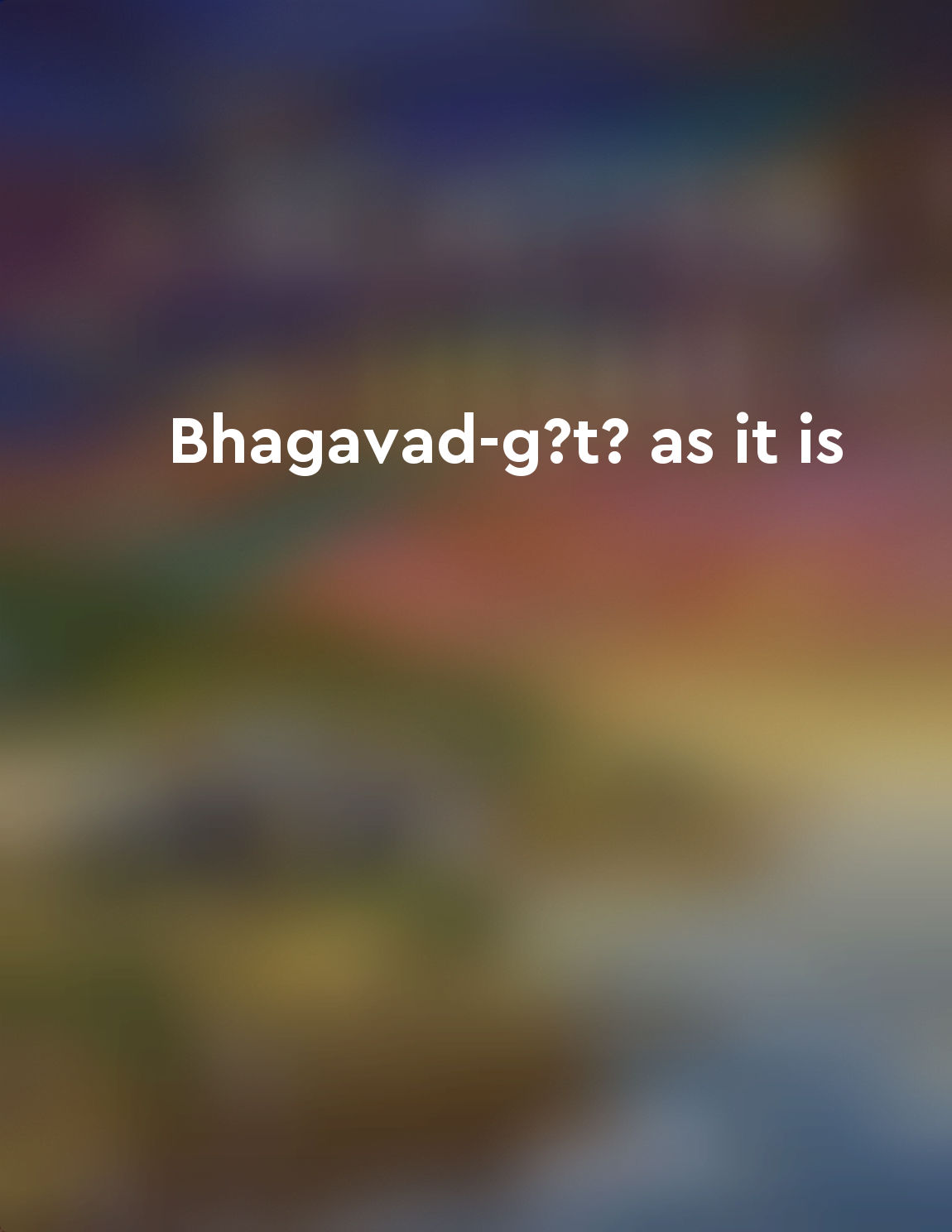Duty to obey moral laws is driven by rational autonomy, not external influences from "summary" of Groundwork for the Metaphysics of Morals by Immanuel Kant
In the realm of morality, the concept of duty holds a central place. It is essential to understand that this duty is not contingent on external factors or influences, but rather on rational autonomy. In other words, the obligation to obey moral laws stems from one's ability to reason and make decisions based on principles that are universally valid. Rational autonomy, according to Kant, is the capacity to govern oneself according to moral principles that are derived from reason alone. It is the ability to act in accordance with duty, regardless of one's desires, emotions, or external pressures. This autonomy is what distinguishes human beings from other creatures and gives them the ability to act morally. Kant a...Similar Posts

The individual must navigate between societal expectations and personal fulfillment
In the intricate dance of life, the individual finds themselves in a constant struggle between the demands of society and the y...
Evolution shapes our instincts over time
The concept that underlies the very essence of our nature as human beings is that evolution has shaped our instincts over time....
Postulates of empirical thought develop the rules of experience
Empirical thought is essential for understanding the world around us. Through our experiences, we are able to form concepts and...
Time and space are forms of intuition
In order to understand the concept that time and space are forms of intuition, we must first delve into Immanuel Kant's philoso...
The concept of the eternal soul
The eternal soul, O Arjuna, is beyond birth and death. It is never born, nor does it ever die. It is not slain when the body is...

Hard work is the path to success
In the grand arena where success is the coveted prize, hard work stands as the solitary contender. Just as the harvest thrives ...

Hindsight bias distorts memory of past events
Hindsight bias, a common cognitive illusion, warps our recollection of past events. When we look back on a situation, we tend t...

Importance of selfless action
The Bhagavad-gītā teaches us the significance of selfless action. It emphasizes the idea of performing our duties without attac...
Materialism restricts freedom
Materialism, with its focus solely on the physical world, limits our understanding of reality. By reducing everything to materi...

The Bible is not a reliable source of information about the world
The Bible, revered by many as a sacred text, is often viewed as a source of absolute truth. However, upon closer examination, i...
